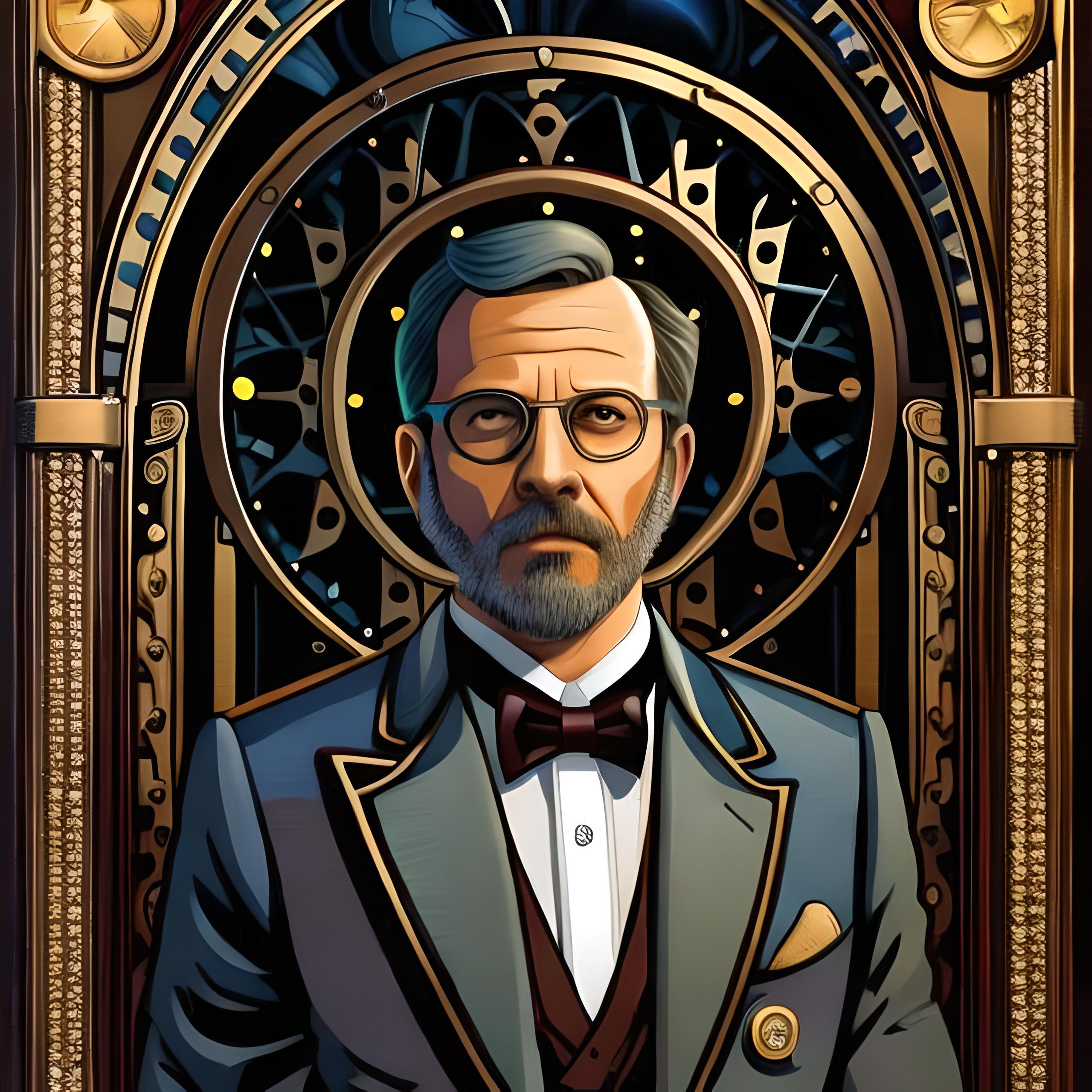- cross-posted to:
- socialism@lemmy.ml
- iwwunion@lemmy.ml
- unions@lemmy.ml
- cross-posted to:
- socialism@lemmy.ml
- iwwunion@lemmy.ml
- unions@lemmy.ml
The second frame shows the ideal of post-scarcity communism, the end goal of Marxist communism.
There’s still promise as weve seen with the Great Resignation after the 2020 epidemic lockdown and furlough. We learned that:
- People are not typically lazy and rather turn to hobbies and projects rather than TV. (Those who can watch TV for weeks are showing avolition a symptom of mental illness.)
- Some of them were even able to turn their home gig lucrative and some of those were able to quit their day job.
- People don’t like their job not because they’re layabouts (goldbrickers! slugabeds!) but rather because the job sucks. It may be tedious, or arduous, or frustrating or overwhelming. The work environment might be toxic (literally, if safety precautions are insufficient). It may include inappropriate politics, or deception or harassment by management with no oversight. All these things can be fixed.
- The job may not pay sufficiently. Also bosses may push workers to do more than is impossible to do well. These should be dealbreakers, but we’re expected not just to do our jobs, but to negotiate at a disadvantage. Bosses who don’t fuck with you and pay you what you’re worth are doing you no favors. That is the bare minimum.
- Capitalists would rather seek out exploitable work forces than treat their workers fairly, like human beings, hence efforts to cut benefits early to force people back to shit jobs, and later, seeing to relax child labor protections.
Capitalism at its peak
Yeah I think about this a lot and it really depresses me
ROFL. Do people really think this?
Yeah, have you ever worked with someone who wasn’t good at their job yet? Like so bad you wonder why they even bother coming in.
Imagine a world where computers and machines can do anything you can do but better. You and everyone else would be like an incompetent employee no matter how hard you worked at it.
Why would you even try to keep up? Why not just do things you actually wanted to do and live your life? Is this really such an unbelievable position to take?
It makes sense if all the jobs are that way and there’s a universal basic income associated with that society.
The reason this post is stupid though is because the position being automated is not yours once it’s automated. So a machine now flips your burgers, what does that mean? The employer you had now has to track which burgers you would have flipped and pay you for them? For how long? Until you “retire” and they have to “hire” someone else the robot flips the burgers for?
It doesn’t make any sense. You stop getting money when you stop providing value unless society as a whole decides to support all it’s people. That is a great aspiration but hard to do fairly.
I think you’re misunderstanding. I’ve always heard this in the context of a UBI, never that an employer should pay an ex-employee for the work that a robot does.
With this setup, nobody is forced to do menial labor. Those that are willing and able can pursue higher education and pick up more skilled jobs, increasing potential for technological advancement. Those that can’t or don’t want to can pursue their own interests and hopefully create some cultural significance. Essentially, the automation will allow people to leave their shitty jobs and pursue something more fulfilling without worrying about going bankrupt, all while society still has its basic needs met.
I’ve always thought this was an ideal scenario. Whenever I hear people talking about how automation is taking jobs and needs to be stopped, I think about how automation should really be encouraged to allow people to contribute more meaningfully, but this can only be done after we’ve established a UBI and other social programs to ensure that these people can get by without the income they get from their current jobs.
It’s absolutely the ideal scenario that automation proliferates to all the jobs people dont care to do. To be utopian it requires societal shifts toward the collective instead of individual capitalism. It would be decidedly dystopian if automation became pervasive and a handful of people got even-ultra-wealthier and the lower class became totally unable to work to provide for themselves.



